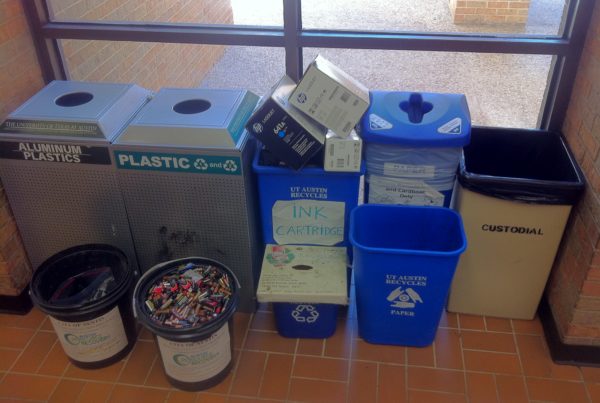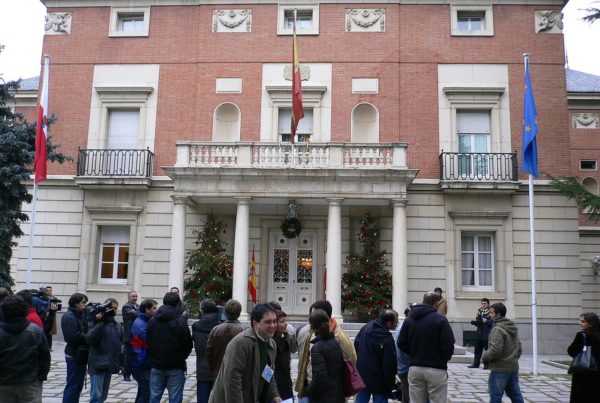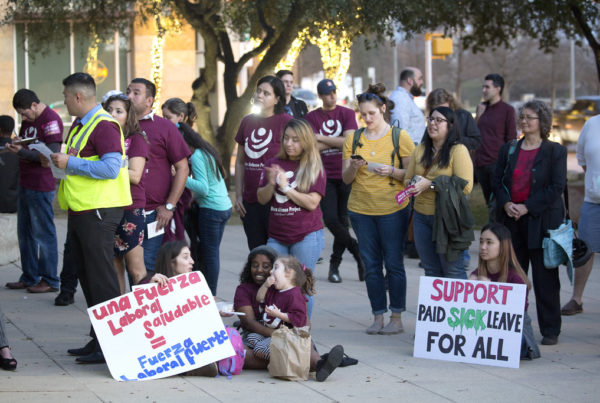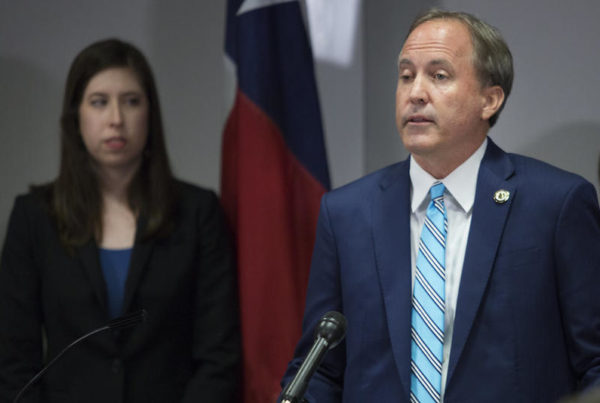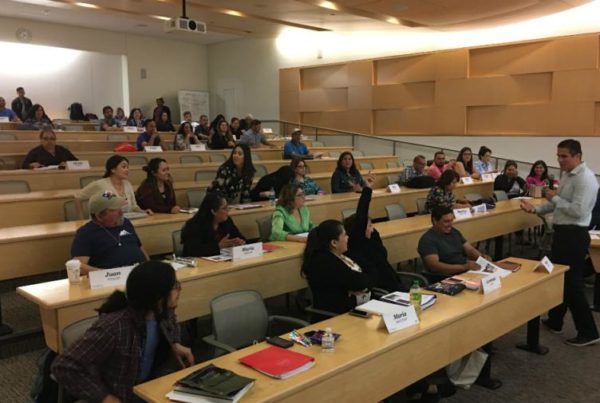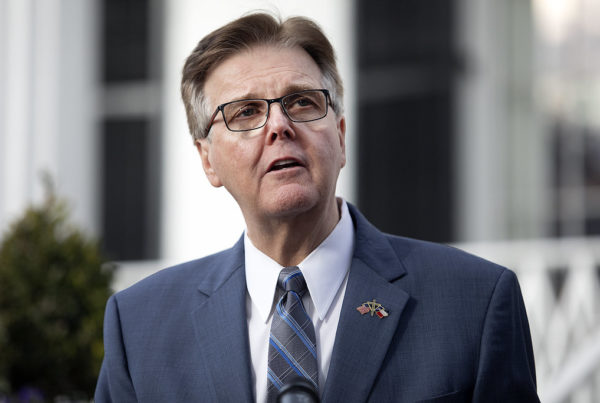The countdown to the end of the current legislative session is well underway. A lot remains undone and undecided, including measures that would affect property taxes. Tuesday night, the House passed Senate Bill 2, which sets a 3.5% cap on the amount by which local jurisdictions can raise property taxes each year. If jurisdictions want to raise rates above that level, they must get voter approval. It’s a significant change because the current annual rate cap is 8%.
Bob Garrett is Austin bureau chief for The Dallas Morning News. He says the cap is a victory for Gov. Greg Abbott who declared property tax relief a high priority for this session. Abbott wanted a 2.5% cap, but Garrett says the 3.5% approved by the House is far closer to what the governor wanted than what he got last session.
“For cities and counties right now, they can haul in up to 8% more than the previous year without having to go to the voters. So I would say Gov. Abbott is very happy to get 3.5%,” Garrett says.
House supporters of the bill acknowledge that it won’t reduce property taxes, but they say lowering the maximum rate of increase will make the property appraisal process more transparent to homeowners.
“The House’s version would require more notice to taxpayers to get more involved – to go to the city council meeting, or the county commissioner meeting in August when the rates are set, to be empowered with knowledge about what is really going on,” Garrett says.
However, cities and counties oppose the cap, saying that their costs grow more than 3.5% per year.
“They, of course, are not dealing with household inflation; they’re dealing with things like asphalt and police officers’ unions and things like that,” Garrett says.
He says SB 2 supporters argue that local jurisdictions can propose higher tax rates to their communities, and let voters decide.
Next, a Senate-House conference committee will debate the legislation, and then it will go to the governor.
Garrett says SB 2 “symbolically caps” the portion of property taxes that go toward local school districts. But he says the actual details about how that portion of property taxes will change will be included in school finance legislation, as opposed to in SB 2.
“What’s still happening at the Capitol is that Republican leaders are still casting about to raise big revenue to buy down the school tax rates even further than the House has proposed,” Garrett says. “But we haven’t seen a consensus on raising the sales tax by a penny to do that, or coming up with other sources of revenue.”
Written by Shelly Brisbin.







